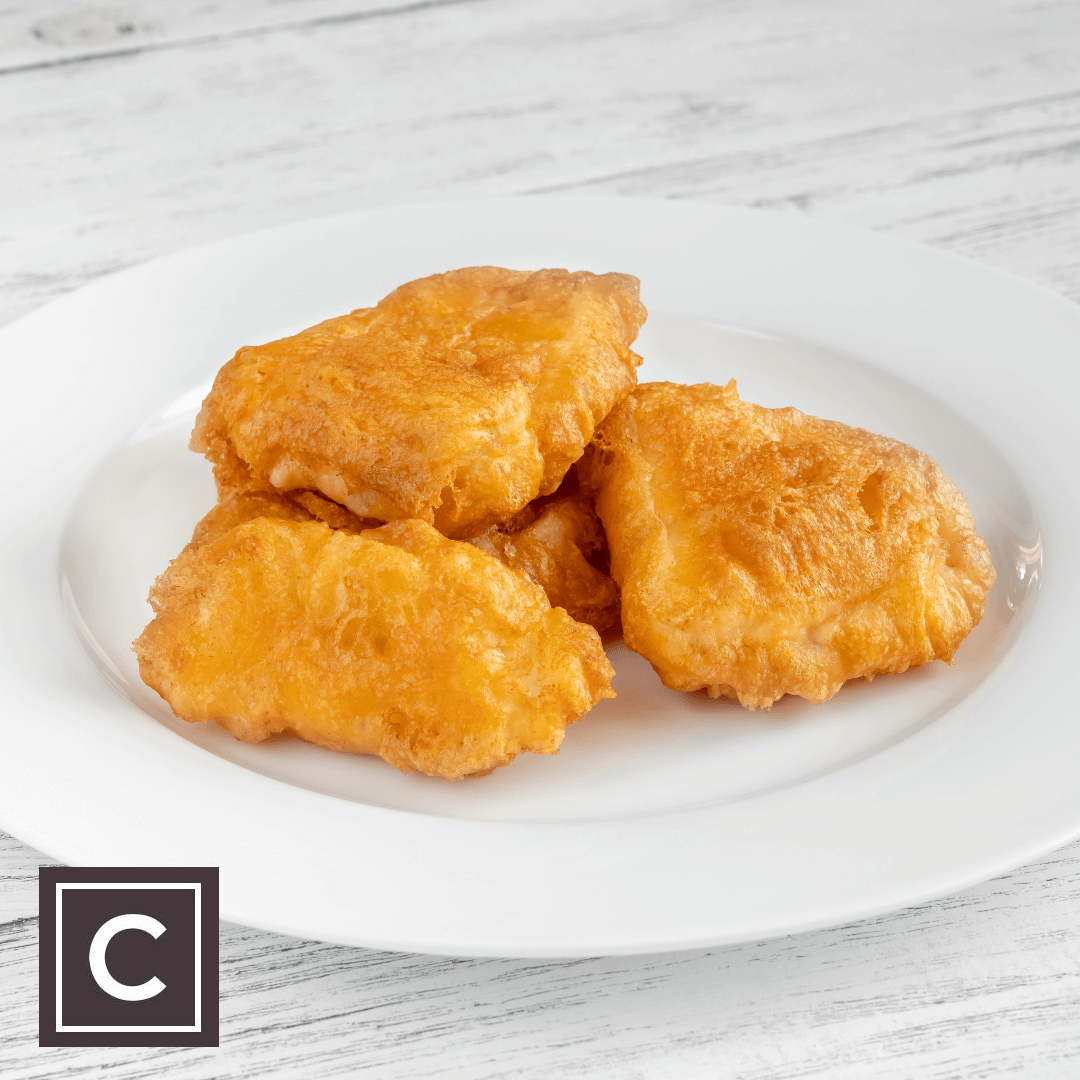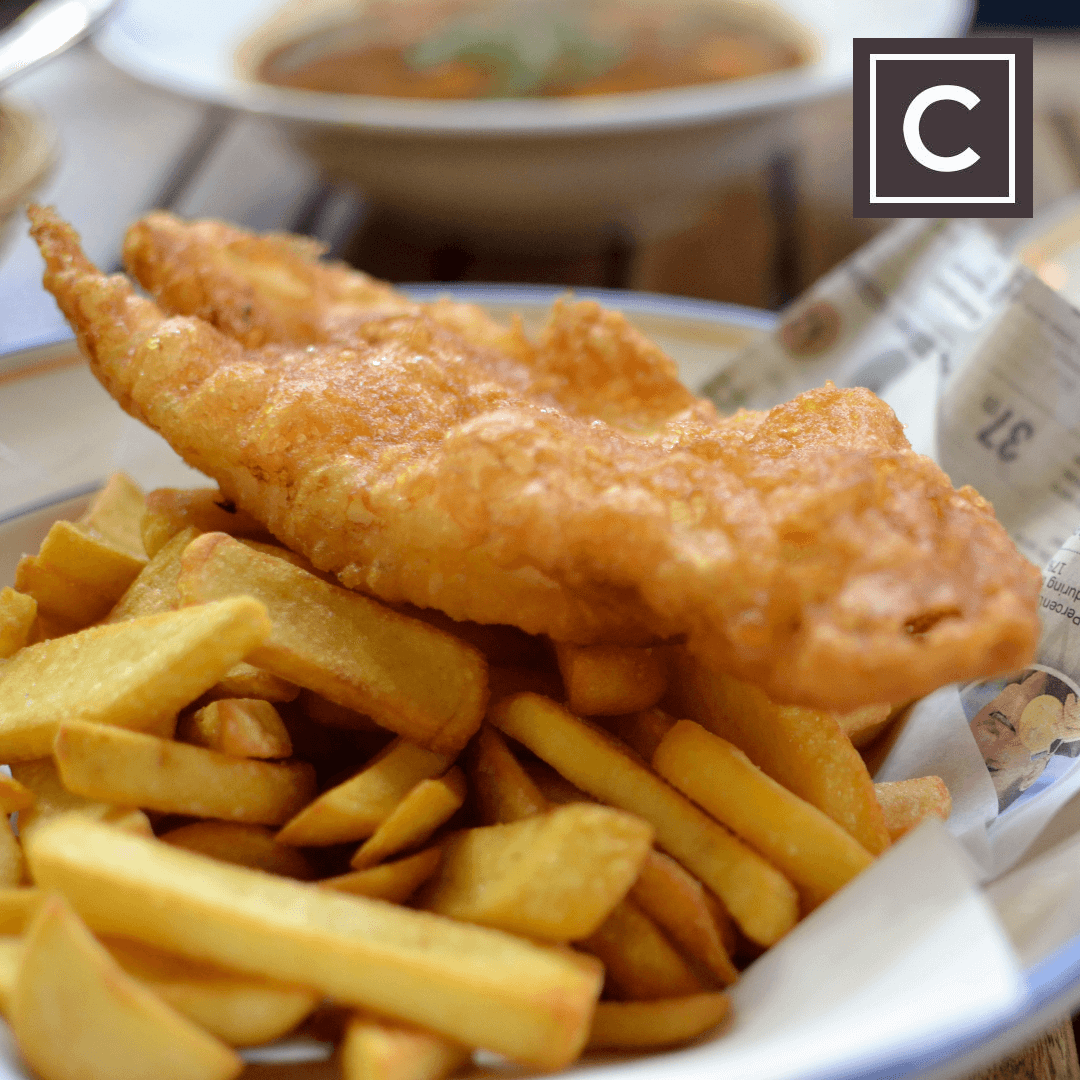The History of Fish and Chips
Posted by Emily on 18th Sep 2023 Reading Time:
Ah, fish and chips - a delicious love story wrapped in newspaper and seasoned with a sprinkle of British culture. This quintessential dish, with its hot, flaky fish and crispy chips smothered in salt and vinegar, has become a national treasure and a global phenomenon. Let's unwrap the fascinating history of this comfort food staple in a bite-sized timeline.

The Early Ingredients (16th - 17th Century)
The Arrival of the Potato
17th Century: Sir Walter Raleigh is credited with introducing the potato to England from the New World. These humble tubers would eventually be transformed into the iconic chip.
Origins of Fried Fish
16th-17th Century: Jewish immigrants from Spain and Portugal brought the tradition of frying fish, particularly on Fridays, a practice that slowly permeated wider British society.
Laying the Foundations (18th - Early 19th Century)
The Potato Transforms
18th-19th Century: Although the origin of the first fried potato chip remains disputed between France and Belgium, Britain embraces the concept with zeal. By the early 19th Century, William Kitchiner's cookbook "The Cook's Oracle," published in 1817, included the earliest known recipe for modern-day chips.
The Fish Warehouse
1839: Charles Dickens mentions a "fried fish warehouse" in his novel, 'Oliver Twist,' highlighting the popularity of fried fish in London's East End.

The Perfect Marriage (Mid-19th Century)
Who Did It First?
1860: Joseph Malin, a Jewish immigrant, is said to have opened the first fish and chip shop in London, in Cleveland Way.
1863: Alternatively, John Lees is credited with opening the first fish and chip shop in Mossley, near Oldham, Lancashire, proclaiming in a window inscription: "This is the first fish and chip shop in the world."
Whichever the case, the combination of fish and chips rapidly wins the hearts and stomachs of Britons. Chips offer a cheap, staple food for the industrial North, while fried fish gains traction in London. It's a match made in heaven.

Fueling an Industrial Nation (Late 19th - Early 20th Century)
Late 19th Century: Fish and chip shops become small family businesses, often run from the 'front room' of houses.
Late 19th - Early 20th Century: The Industrial Revolution ramps up, and fish and chips fuel the growing industrial population of Great Britain. Steam-powered trawlers and steam railways enable fresh fish to be distributed nationwide.
The Dish That Fought Wars (Early - Mid 20th Century)
World War II

1939-1945: Fish and chips are so vital to morale that they evade wartime rationing. Long queues form outside chip shops, making them a cornerstone of the British diet and culture during these challenging years. Some shops even employ doormen to control the crowds!
Modern Sensibilities and Global Reach (Late 20th Century - Present)
Global Influence
Today: The dish transcends British borders, becoming a staple in countries like Australia, New Zealand, and Canada.
And so, from the kitchens of Jewish immigrants to the dining tables of industrial workers, from wartime queues to modern-day gourmet menus, fish and chips have solidified their place in culinary history. This beloved dish has seen many transformations, but one thing is clear: its place in the hearts (and stomachs) of people worldwide is here to stay.

